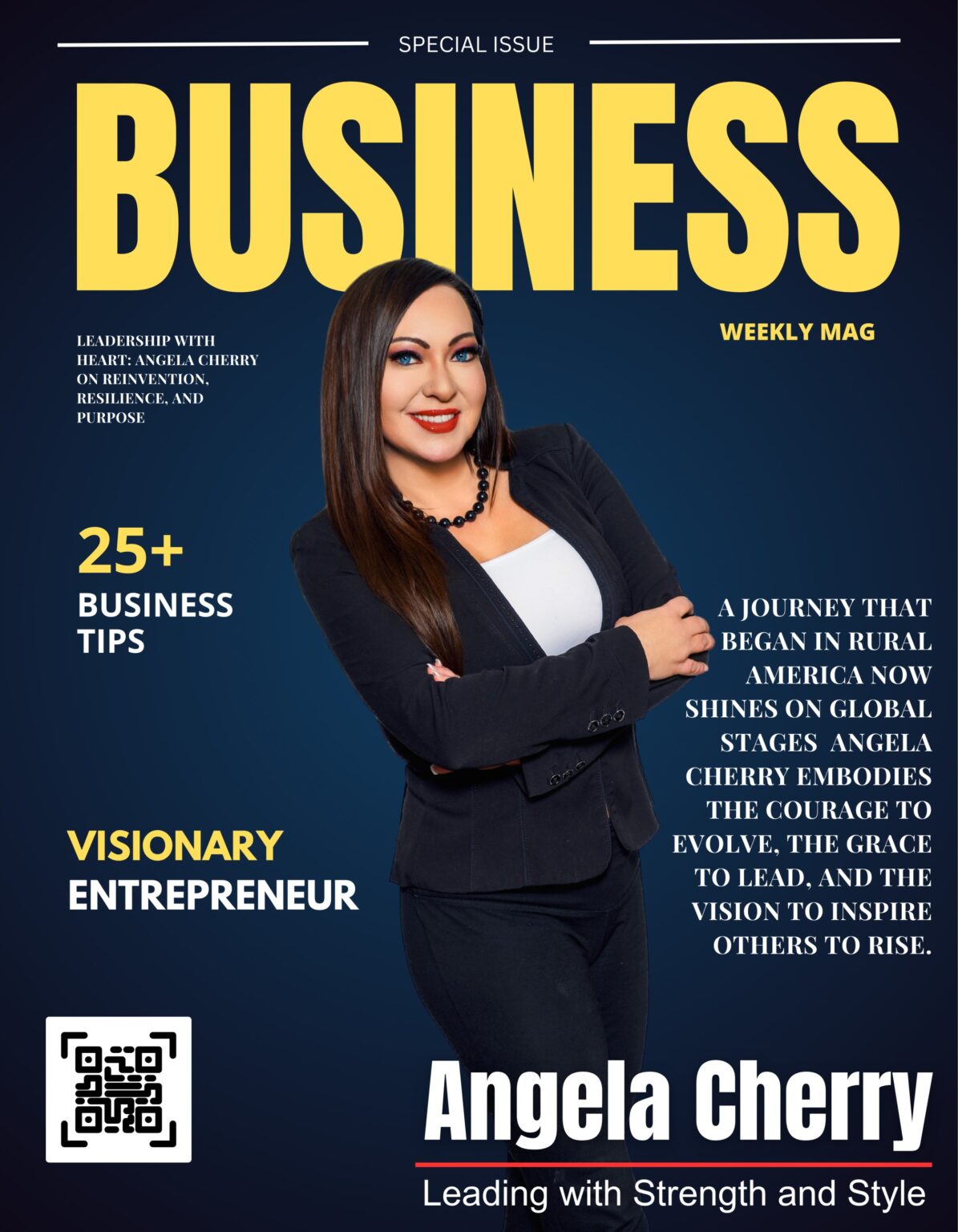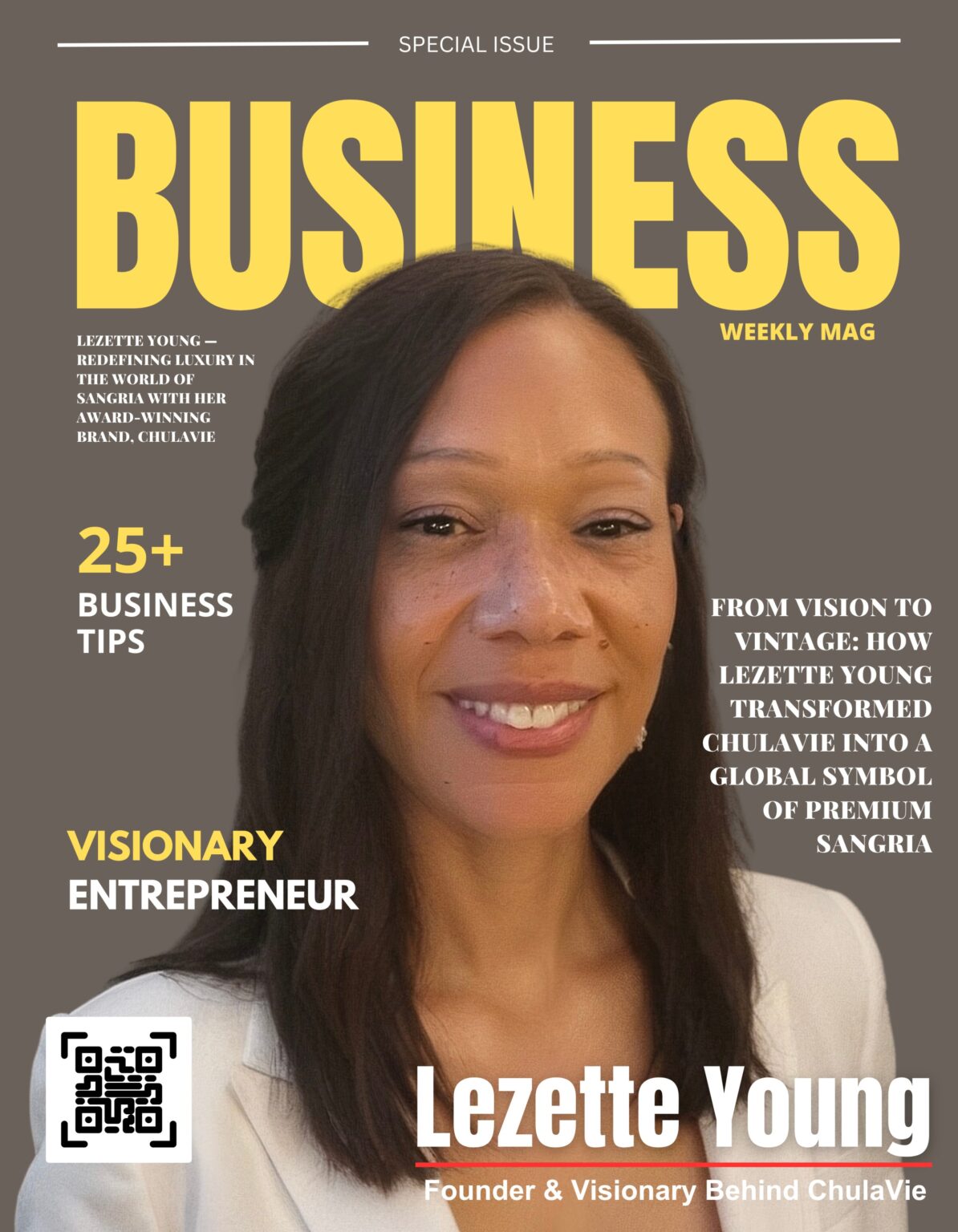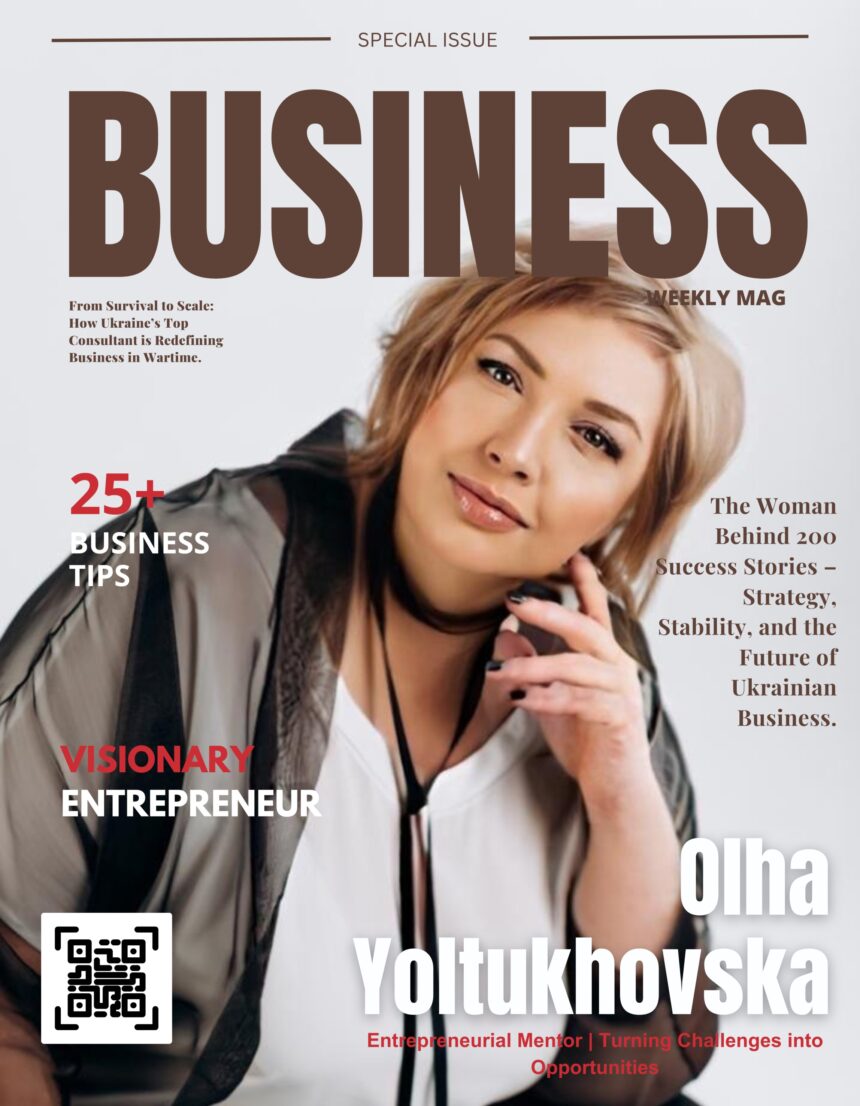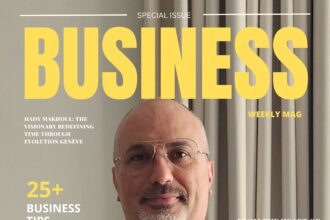From record-breaking achievements to transforming the way Ukrainian companies grow,consultant Olha Yoltukhovska shares how the war has reshaped entrepreneurship, why consulting services are in demand like never before, and what advice she has for aspiring business owners.
A Mission to Support Business in Hard Times
Olha Yoltukhovska, a consultant recognized in the Book of Records of Ukraine, has built her career around helping enterprises scale, discover breakthrough strategies, and create jobs.
Over 200 companies — from startups to national brands — have trusted her expertise.
Her mission is clear: to guide businesses through uncertainty and prepare them for sustainable growth, even under the extreme challenges of war.
Why Consulting Matters More During the War
When asked whether her record reflects a growing demand for consulting, Olha points out that it’s not just about advice — it’s about survival.
“Today, businesses understand that moving forward is the only option,” she explains. “Like in sports, anyone can play, but without a coach you’ll never reach a professional level. Business is the same — eventually, you need transformation and strategy.”
Many entrepreneurs now realize that learning through mistakes is too expensive. Consulting, Olha says, is no longer reserved for big corporations; small and medium-sized enterprises are also turning to experts. The reason is simple: it’s cheaper and safer to take the “short road” with a consultant than to risk failure by going it alone.
Finding the Right Consultant in a Sea of “Experts”
With TikTok and YouTube flooded by so-called business gurus promising instant success, how can entrepreneurs choose wisely?
Olha is clear: “I don’t believe in doctors who diagnose online without tests or scans. Business is no different — before strategy, there must be a diagnosis.”
Her method begins with a full business audit:
● What do clients really think about you?
● How engaged is your team
● Are your marketing and financial models effective?
● Do you have reliable reporting and analytics?
Only after this diagnosis can meaningful change begin.
The Three Most Common Business Problems
Like a doctor who treats recurring symptoms, Olha sees the same issues appear again and again in companies:
- Financial instability – no reserves to survive difficult times.
- Weak or disorganized teams – lack of structure and preparedness.
- Chaotic processes – unsystematized operations leading to constant “firefighting.”
“These three problems destroy businesses if left untreated,” she notes.
The Staffing Crisis: More Than Just Shortages
War has created an unprecedented staffing crisis. But Olha stresses it’s not only about numbers — it’s about leadership.
“If you don’t meet with your team, listen to their challenges, or show empathy, they burn out,” she says.
The solution? Build a personnel reserve and implement mentoring systems. Without succession planning, leadership development, and social support, businesses eventually collapse from within.
How War Reshaped Ukraine’s Business Landscape
Olha has observed a striking pattern: companies that had systems in place before the pandemic and invasion have continued to grow. Those that operated chaotically have either shut down or stagnated.
Another shift is the disappearance of the middle segment. Businesses are now either mass market or premium — the middle-class consumer and middle-class businesses have virtually vanished.
“The middle class, which was just starting to form, has lost ground,” she explains. “Either you’re in rapid growth mode or you’re struggling to survive.”
Lessons from the Restaurant Industry
Olha, who once owned HoReCa businesses, now advises restaurants among other sectors. She says most failures come down to one word: marketing.
“Simply serving good food isn’t enough. You must understand your client, their pain points, and the value they expect,” she says.
Atmosphere and customer experience matter as much as taste. Without a clear financial model and brand positioning, even a promising venue risks closing within months.
Advice for First-Time Entrepreneurs
For those starting from scratch — perhaps after losing a job — Olha recommends using available resources such as Diia.Business entrepreneurship courses for veterans, displaced people, and young entrepreneurs.
“These programs are high-quality and practical,” she says, noting her involvement in strategic training with them.
She also encourages joining business communities, reading extensively, and finding a mentor:
“Like a trainer in sports, a mentor helps you see your weak spots and strengthen your skills.”
Knowing When Business Isn’t the Right Fit
While Olha is committed to guiding entrepreneurs, she also values honesty.
“If I see that a person lacks the entrepreneurial mindset, I don’t give false hope,” she admits.
“Sometimes it’s better to focus on strengthening skills or finding employment. Business is not for
everyone.”
Final Thoughts
War has tested Ukrainian businesses like never before. Yet in this crisis lies opportunity — for growth, for reinvention, and for building stronger foundations. Olha Yoltukhovska’s message is simple but powerful: with the right guidance, diagnosis, and strategy, even in the harshest conditions, businesses can not only survive but thrive.















